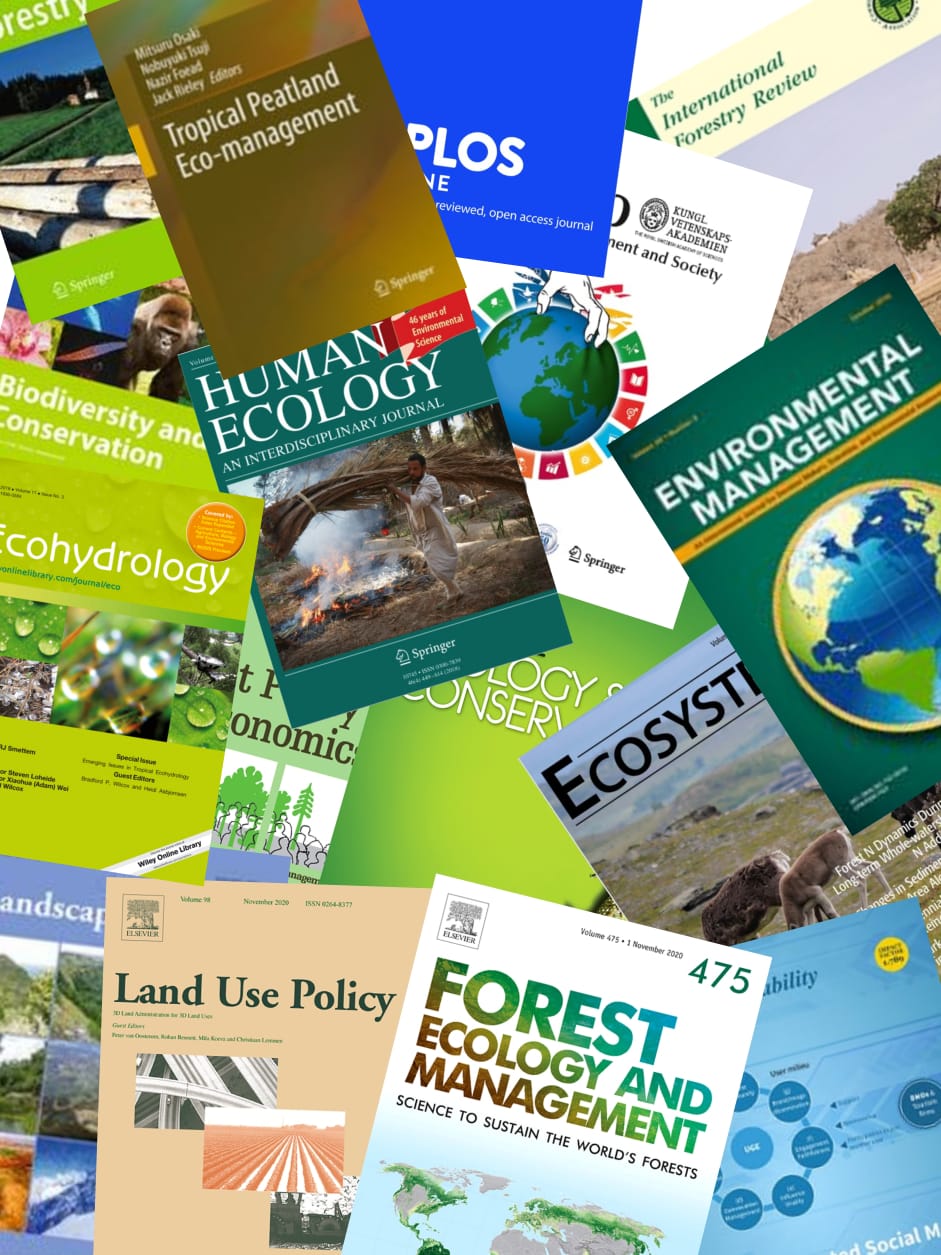This chapter investigates key issues related to the implementation of REDD+ in Central Kalimantan Province of Indonesia, where peatland fires contribute significantly to the release of large amounts of carbon. We focus on the investigation of factors that promote peatland fire prevention and on the estimation of the Kalimantan Forest Carbon Partnership (KFCP), one of the earliest REDD+ plot projects. In our analysis, no effect of the KFCP is found, whereas economic factors, such as the value of labor allocation for rubber production and additional off-farm income, and noneconomic factors, such as traditional mutual assistance called Gotong-royong, can promote fire prevention. This finding is attributed to the fact that the KFCP failed to develop an appropriate incentive scheme. These results suggest that a better design for intervention would incorporate a combination of economic and noneconomic incentives to achieve an effective REDD+ policy. © Springer Japan 2016. All rights reserved.
View source

